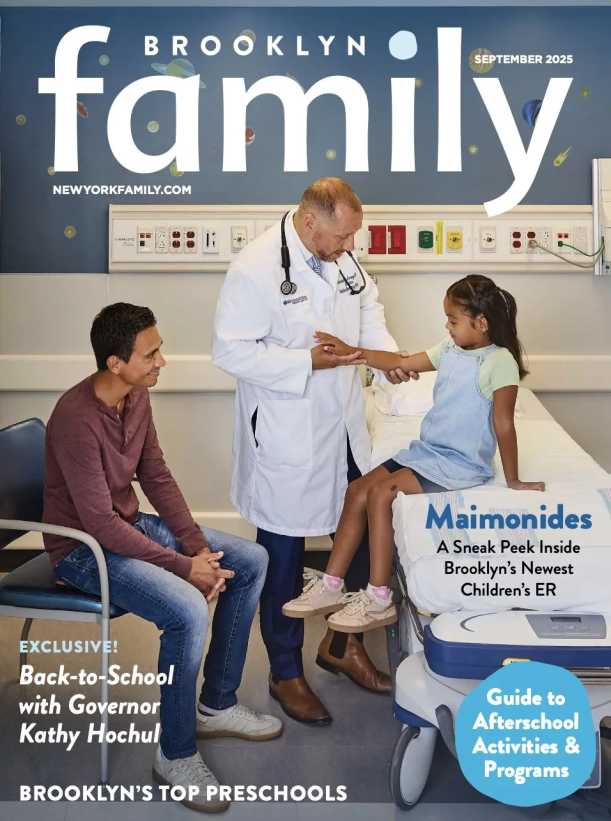It may not come as a big-time revelation to hear that cats are outnumbering dogs these days as the country’s — and New York’s — most popular pet. According to 2002 statistics supplied by The Pet Food Institute, there are approximately 76.8 million cats in American homes, as opposed to 60.7 million dogs. Of that total, more than 3 million cats are reportedly residing in homes in New York State. Although they’re common in terms of their numbers, the biology of the cat is a very individual and distinct matter that can best be understood by a medical specialist. Here in New York City, cat lovers now have another option beyond the all-purpose vet, with a name that’s fairly easy to remember: Manhattan Cat Specialists. Created and run by Dr. Arnold Plotnick, a former vice president of animal health for the ASPCA, Manhattan Cat Specialists (MCS) opened on the Upper West Side in January, and is not, as Dr. Plotnick carefully points out, a cat hospital. A cat hospital, he says, can define its practice only as “limited to cats”, whereas Dr. Plotnick holds a degree specifically in feline medicine. In 1999, after he became board-certified in small animal internal medicine at Colorado State University, Dr. Plotnick reached his career milestone by receiving board certification in feline medicine while serving as chief of staff and hospital director of VetSmart Pet Hospital and Health Center in Columbia, Md. MCS is a specialized business indeed, offering such unique custom features as microchip identification, a pediatric wellness care program for kittens, a geriatric program for senior cats, blood-typing (for purposes of quick transfusions and breeding), and an obesity program for the stereotypical “fat cat”. “For years, cats were considered, medically, the same as small dogs, but even though they’re both mammals, cats get different diseases,” Dr. Plotnick says. Keeping up on a pet cat’s health, he points out, is especially important when children live under the same roof. Diseases such as roundworm, hookworm and ringworm can easily find their way to children, whose immune systems are not as fully developed as those of adults. Roundworm, transmitted to kittens during nursing, can affect the liver or eyes of the person who acquires it; while the less common hookworm penetrates the skin most often when a child plays barefoot in a sandbox in which a cat may have previously defecated. The fungus ringworm, according to Dr. Plotnick, is more of a “nuisance”, causing a rash, and is most likely to be found in animals acquired from a shelter or pet store, where hygiene is suspect. Fleas are the transmitting agent for “Cat Scratch Disease”, which can cause a variety of illnesses for people with immune systems that are not yet fully developed, or are vulnerable. The microchip identifying process is “not at all painful,” Dr. Plotnick reports, and is done through a simple vaccination between the shoulder blades using a pre-loaded syringe. (In their search for lost animals, “just about all humane organizations will scan for the chip,” he says). The Kitten Wellness Program runs over a period of four weeks, covering everything from a general physical examination to tests for feline leukemia and feline immunodeficiency virus (the feline equivalent of HIV — not transmittable to humans), to rabies vaccinations and optional declawing (at 22 to 24 weeks of age). As the owner of a senior cat himself, Dr. Plotnick takes his greatest pride in his Senior Wellness Program. Conducted in two phases, for cats age 7 and up, the program includes blood and fecal analysis, chest and abdominal X-rays, an electrocardiogram and blood pressure measurement. Dr. Plotnick says his records are used to create a “baseline value” for each individual cat, and are not used as a measurement against the reference range adopted for use for 95 percent of the cat population. The MCS Obesity Action Plan takes place over 6 months, and includes a complete blood count, thyroid hormone measurement, and urinalysis. Manhattan Cat Specialists is located at 230 West 76th Street. For more information, call (212) 721-CATS.

























